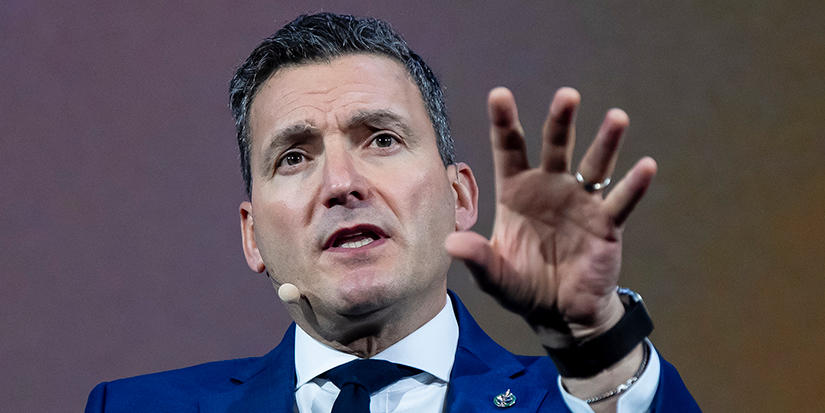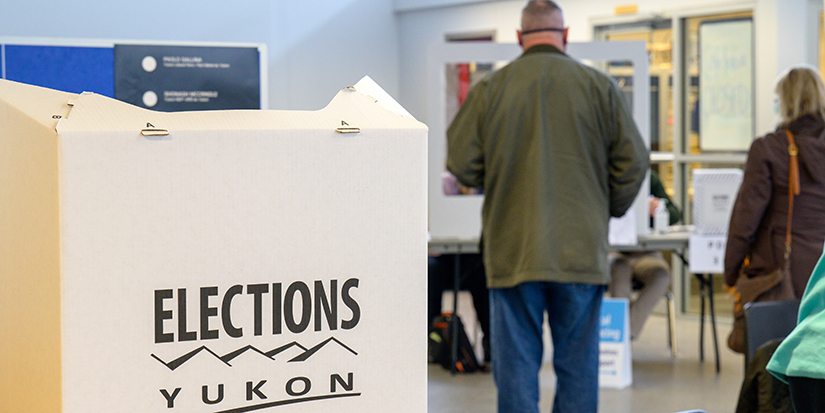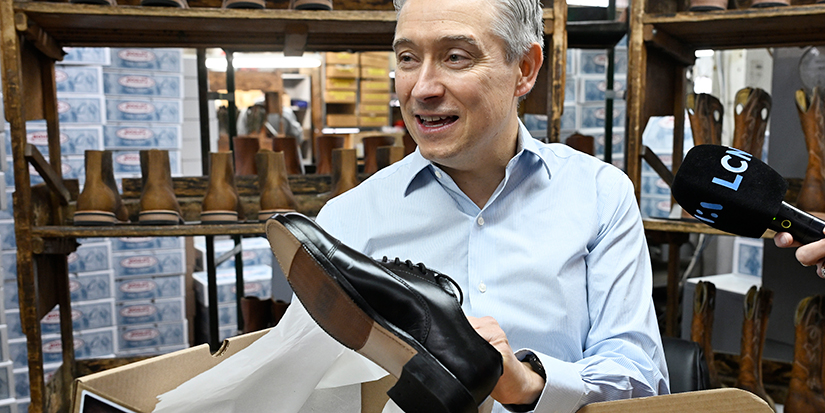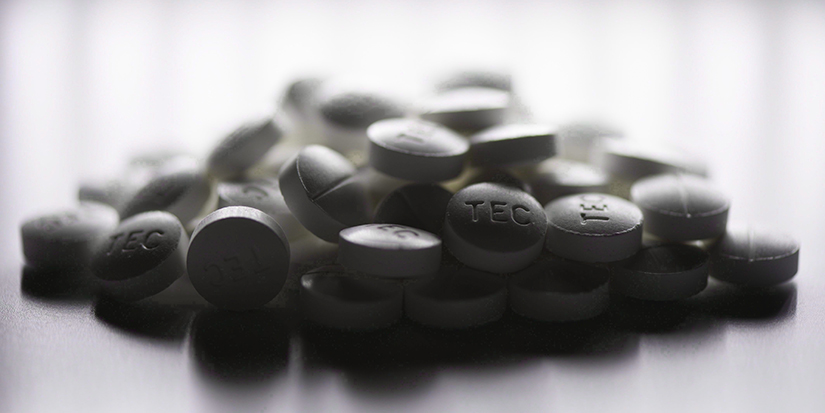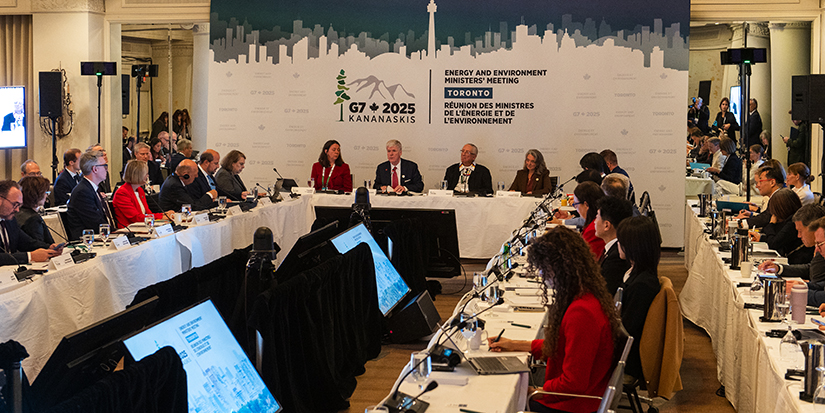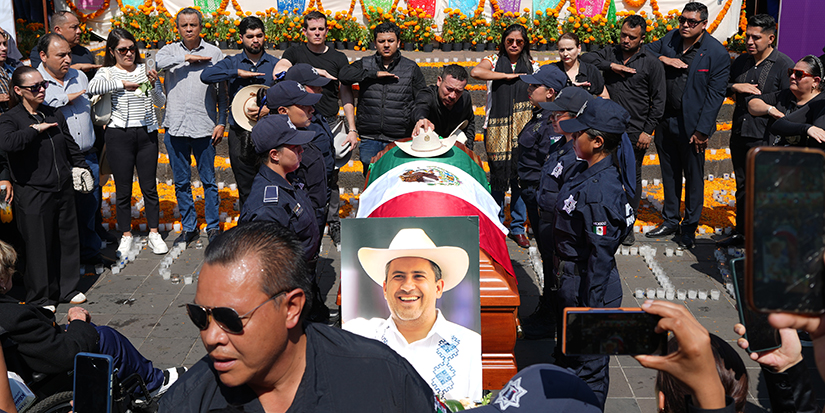Latest News
Seniors, malnutrition, hydration

Published 11:45 PDT, Fri September 27, 2024
—
Richmond Sentinel sat down with Rika Mansingh to talk about senior lifestyle, malnutrition and hydration, what better place to do an interview pertaining to seniors than at Hamilton High Street Senior Residence surrounded by seniors.
Rika Mansingh is a best-selling author and a registered dietitian. It's great to have her back as a guest because she really knows how to translate health and wellness in a language we can understand.
RS: I'm always picking your brain about nutrition and today I understand we're going to educate our seniors on malnutrition and hydration. As a registered dietitian, I understand that you work with long-term care facilities so you obviously encounter seniors with malnutrition. Can you share with us the key signs?
RM: First of all, you're absolutely right, I've been a dietitian for 22 years and malnutrition is highly prevalent among seniors and residents in long-term care. The main signs of malnutrition can be subtle, they include unintentional weight loss, poor appetite, frequent illnesses and infections, weakness, fatigue and even changes in skin. For example, if your skin indicates dryness or poor wound healing, it can be due to a variety of reasons. For example, dental problems, many residents have difficulty chewing and they may not be eating well. This could require food texture modification, so basically down grading a texture from regular whole food to a puree texture where it does not require chewing and easier to swallow. Another reason for malnutrition is the nutritional side effects of medication.
Some medications alter your taste, cause nausea, decrease appetite and this could lead to inadequate nutrition and weight loss. Another common reason which is often overlooked among seniors, is poor vision and loss of memory. Sometimes a senior is not eating and losing weight and we're wondering why. It could be due to the fact that they can't see their food properly and some senior residents with memory loss needs reminders to eat. It's so important to be assessed by a registered dietitian to identify these signs early.
RS: If a senior does not have access to someone like you or if a care giver is taking care of a senior what can be done to prevent malnutrition.
RM: Caregivers can be the superheroes to help prevent malnutrition. It's important to keep track of how much a senior is eating and how frequently and address any dental problems that may exist - does the senior have difficulty chewing? Do they have pain while they're eating? Also, if you notice that a senior is losing weight, it's important to provide small, frequent, nutrient dense meals and snacks. Introducing nourishing smoothies, soups, fruit and yogurt into a diet often is easier for seniors to digest even if they don’t have an appetite and you may consider oral nutrition supplements, which are commercially available in liquid and powder form, to add additional nutrition. But definitely consult with a registered dietitian or healthcare professional prior to embarking on any supplements.
RS: My next question is hydration and why it is more crucial as you we get older. I'm aware that as we get older it's obviously crucial to keep hydrated.
RM: Yes definitely, hydration is essential as we get older. Our sense of thirst diminishes with age, so we become more susceptible to dehydration. And dehydration can lead to common health issues in seniors, especially urinary tract infections. Hydration is important to maintain body temperature, to improve energy levels, prevent confusion, and it's also important for healthy skin. I like to refer to good hydration as the fountain of youth for seniors.
RS: I’d like to ask one last question and that is what practical tips can you give for seniors let’s say age 55 and older that are manageable?
RM: I would say definitely listen to your body and make adjustments as needed. Try to sip water intermittently throughout the day. And don't wait for that point when you're thirsty, because when you're thirsty, you're already dehydrated. If you feel your water needs to be more appealing, you need to give it a bit of a boost, you can add some lemon slices, mint leaves, cucumber. It's a good idea to track your fluid intake to ensure adequate hydration. Adding hydrating foods in your diet like fruit, vegetables, melons, herbal teas and broth-based soups is always a good idea. If seniors can adopt these simple tips, then keeping hydrated can help them feel great and hopefully lead vibrant, fulfilling lives.
RS: I don't want to simplify this, but is it true that eight glasses of water a day, is good?
RM: Eight glasses of water a day should be sufficient. But it's good to consult with a registered dietitian as we get older, our fluid requirements will vary according to our weight and our age.
RS: To find out more information Rika can be reached at rikadiet4wellness.com or e-mail info@ricadietforwellness.com to book a virtual consult.
To watch the entire interview, go to richmondsentinel.ca/videos

















